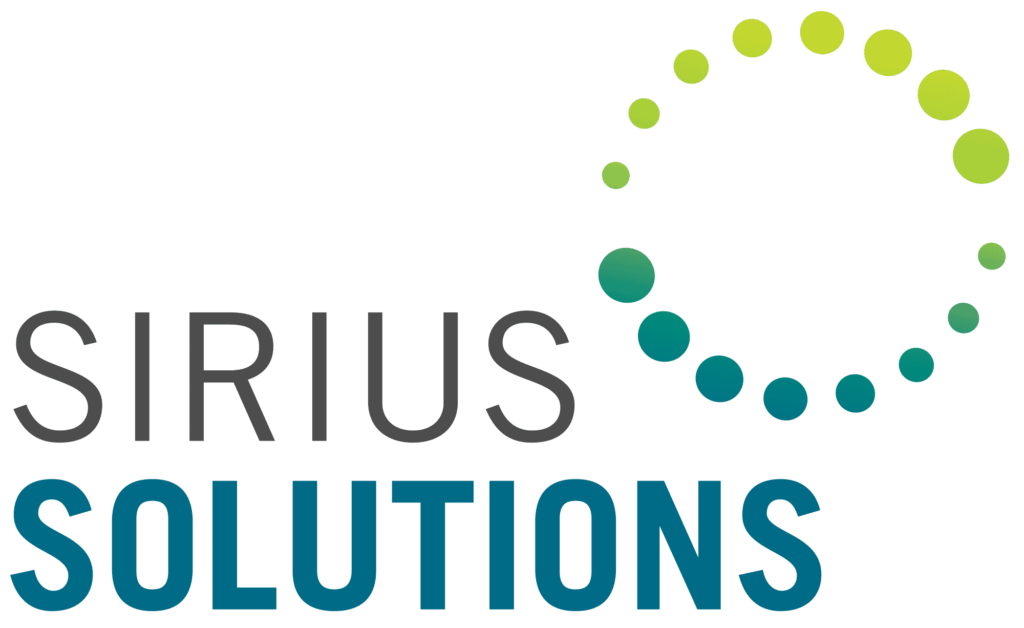Introduce Automation to Improve Routine Processes

As we approach 2024, organizations have a unique opportunity to accelerate their digital transformation and drive financial transformation through streamlined processes. The EOY close is a critical financial activity that consumes valuable time and resources. To pave the way for successful 2024 planning and achieve financial transformation, it’s imperative to introduce technology-driven solutions and embrace change management for process improvement and enhanced employee morale.
The bedrock of 2024 planning is identifying activities that excessively drain time and resources. Advanced digital technologies enable organizations to conduct in-depth process analysis, unveiling inefficiencies and bottlenecks. As we look ahead to 2024, data entry, contracts, repetitive report generation, invoicing, and manual administrative tasks remain prime candidates for automation. Emerging digital technologies, including robotic process automation (RPA), AI-driven analytics, and workflow optimization platforms, are poised to transform these areas, liberating human resources for more strategic endeavors and contributing to digital transformation and process improvement.
In preparing for 2024, organizations should thoroughly assess the array of cutting-edge automated financial software solutions. The digital landscape offers an extensive range of options, including:
RPA is ideal for automating rule-based, repetitive tasks, allowing organizations to increase efficiency and reduce errors.
AI and machine learning algorithms can be applied to data analysis, customer service, and predictive maintenance, providing organizations with valuable insights and predictive capabilities.
These platforms allow organizations to streamline complex workflows, automate approvals, improve cash flow statements, and optimize resource allocation, enhancing productivity and operational efficiency.
Implementing these advanced digital technologies in 2024 requires careful planning and consideration of various factors. Some key considerations include:
Actively involving employees in the transition and educating them about the advantages of automation is essential for fostering buy-in and bolstering morale.
To ensure the effective operation of new tools, organizations must invest in training and skill development programs, equipping their workforce for the digital age.
Stringent adherence to data security regulations and industry standards is vital to mitigate the risks associated with advanced digital technologies.
Tools selected for automation in 2024 should address immediate needs and be adaptable to future requirements, ensuring sustainable growth and transformation. These tools must evaluate credit and improve DSO to make the business scalable.
Establishing mechanisms for continuously monitoring and evaluating automated processes is essential for ongoing refinement and optimization.
Let’s examine two real-time instances of organizations that effectively used technology to improve their routine processes for 2024 planning.
Implementation Details: Coca-Cola enhanced its data collection, validation, and reporting processes by integrating financial software suites and data connectivity tools. To optimize their operations and improve the flow of data and reporting capabilities, they implemented an enterprise resource planning (ERP) system.
Results: This implementation led to a reduction in the time required for routine processes for 2024 planning. They observed an improvement in the accuracy and efficiency of reporting. Coca-Cola was able to save 30% on inventory expenses and hasten delivery times by 70% by integrating its ERP system.
Implementation Details: Siemens utilized AI-powered solutions proactively to prevent misconduct. They also integrated financial software suites to aid in compliance monitoring and financial reporting. By leveraging insights from data, AI technology consistently enhances the efficiency of operations.
Results: Siemens benefited from the installation of AI technology, allowing them to make data-driven decisions and significantly reduce errors in reporting for 2024. Time and resources were saved through AI, ensuring discrepancies were identified and resolved before they became issues. Siemens achieved a 40% reduction in administrative expenditures and automation of HR operations by connecting its ERP system with its HR system.
Now, let’s examine a success story from Sirius Solutions.
One of our esteemed clients, an energy industry leader known for their innovative approach and presence, faced a pivotal moment in their business process evolution that required a vision for transformation and experience to turn vision into reality.
This Energy leader found themselves grappling with an outdated financial close process. The current process was not only time-consuming but also a drain on resources, hindering the company’s potential to scale and innovate. Recognizing the need for a transformational shift, our client came to us to revolutionize their financial operations.
Our mission was clear: to automate the financial close process and implement a new Revenue-to-Record system. This venture was not just about upgrading a system; it was about reimagining how the company handled its complex financial operations, which included intercompany balances, bank reconciliations, and intricate accounting for energy-related commodities across 20 different entities.
With a wealth of expertise and a 25-year track record of excellence, Sirius Solutions became the guiding force in navigating the intricate paths of this transformation. Our role was crucial in turning vision into reality, offering not just solutions but a partnership that empowered our client at every step.
This business collaboration led to remarkable results. The implementation of a new Revenue-to-Record system, under our stewardship, was completed in just 5 months – a staggering 3 months ahead of schedule. More importantly, the project was executed under budget by 32%. However, the most significant triumph was the transformative return on investment – an extraordinary 3x.
This transformation was not just in numbers; it was a fundamental shift in how this industry leader operated. Efficiency, accuracy, and strategic financial management became their new norm.
Our client’s journey extends beyond the immediate financial gains. Their successful implementation stands as a testament to the power of strategic partnership and expertise in navigating complex transformations. It’s a story of an industry leader not just meeting its goals but exceeding them.
This case study serves as a blueprint for excellence in financial automation, and showcases the potential of embracing change with the right ally.
As you prepare for 2024, consider how to leverage technology to optimize your processes in the new year. Sirius Solutions offers customized solutions to help organizations integrate automation into their financial processes. By partnering with Sirius Solutions, you can expect:
- Expert guidance in selecting and implementing the right automation tools.
- Customized solutions to streamline your unique processes.
- Training and support for your team in using automation effectively.
- Assistance in compliance and risk management to ensure a seamless transition.
When incorporating tools for 2024 planning, it is vital to plan and strategize. Consider factors such as aligning with the organization’s objectives, ensuring user-friendliness, maintaining security and compliance measures, evaluating integration capabilities, accounting for training requirements, conducting a cost-benefit analysis, and effectively managing any changes that may arise. Technology can seamlessly enhance 2024 procedures by addressing these aspects without causing disruptions.
